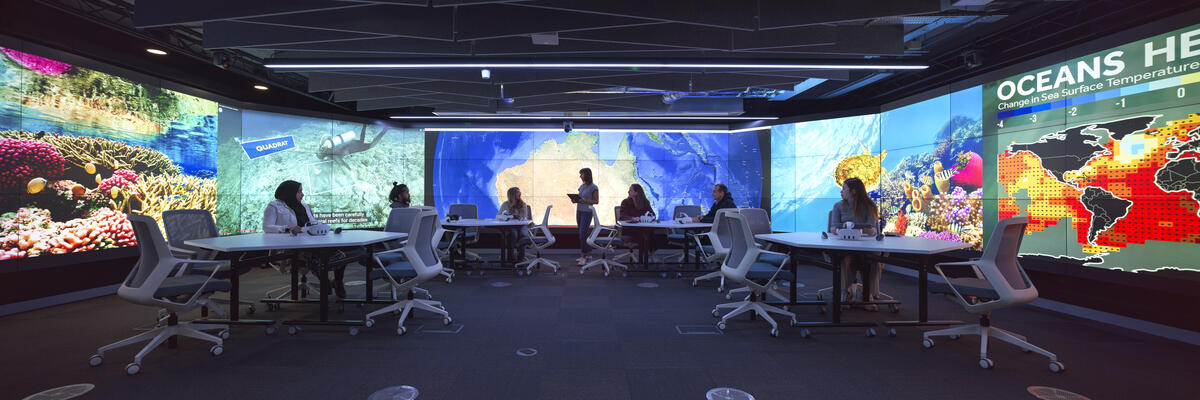About us
Digital systems such as the Internet, AI, VR, mobile computing and Internet of Things are unquestionably leading to social and environmental impacts, many undesirable and emergent. As tools, they enable us to work faster, connect with each other, stay entertained, and even understand the planet - helping scientists and policymakers in environmental decision making. But, they also lead to new forms of exploitation and criminal activity; lead to new forms of digital addiction and misinformation; disrupt political systems, and exist at such scale that they place new and growing demands on energy supplies and water. Are they better or worse for society, for our mental health, for our planet in a time of climate crisis?
Our work focuses on environmental and social sustainability of ICT, the role of technology in supporting environmental science in balance with its impacts, and our relationship with and design of digital technologies in the world. Questions we ask include:
- In what ways does ICT impact the environment? Is this growing, and what can we do to mitigate it?
- How can digital systems be designed to be more environmentally and socially sustainable?
- What are the effects of digital technologies in transforming socio-technical systems, and how can they be designed to be more beneficial for people and planet?
- How might sustainable digital innovations support environmental monitoring and modelling, data science, and decision-making for the environment?
Ongoing and past work includes research focusing on:
- 'Reimagining digital research infrastructure in environmental science for a sustainable future (EP/Z533774/1);
- Understanding, Mitigating and Adapting to Environmental Change (EP/P002285/1) (senior fellowship);
- Design Principles and Responsible Innovation for a Sustainable Digital Economy;
- Future Places and the digital economy;
- ICT and energy use in the home (EP/I00033X/1);
- Sustainable food choices (EP/K012738/1);
- Improving the sustainability of last mile logistics (EP/K012614/1; EP/N02222X/1; EP/S027726/1);
- Better statistical tools for understanding industrial energy data (EP/T025964/1).










-1.jpg)
.jpg)